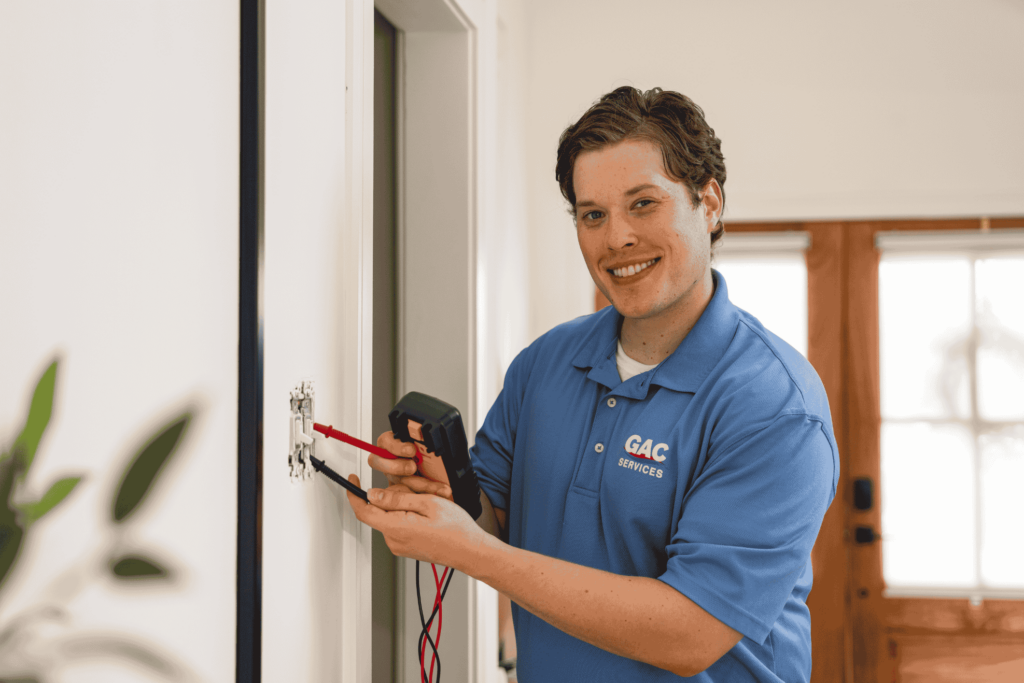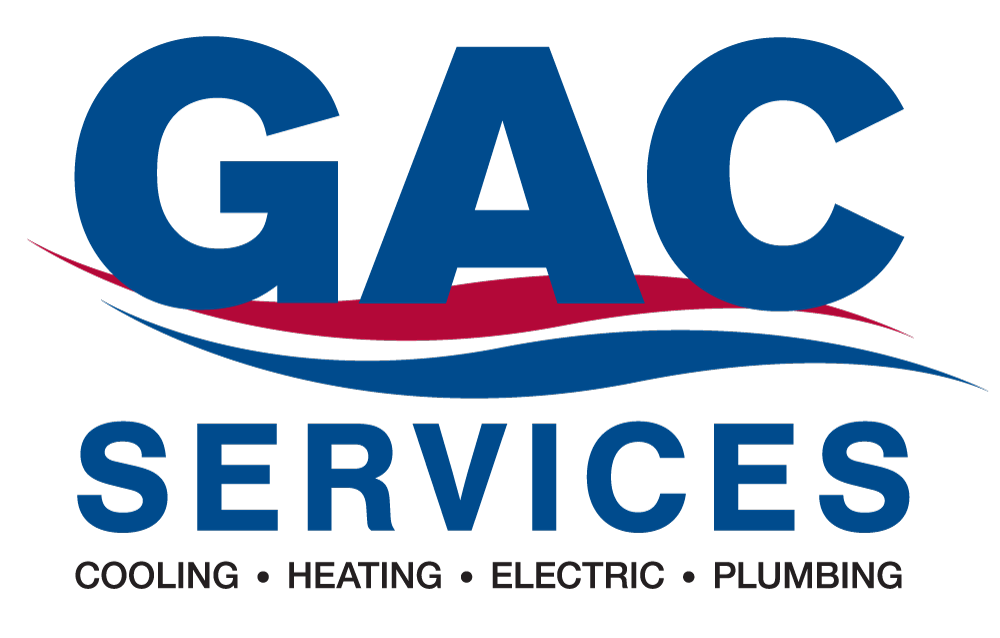
You rely on your home’s electrical system every day, but when was the last time you had it inspected? Most homeowners don’t think about their wiring, outlets, and electrical panels until something goes wrong, like a tripped breaker, flickering lights, or an outlet that suddenly stops working.
Electrical inspections are an important part of home maintenance. They help catch hidden issues before they become serious problems, keeping your home safe, efficient, and up to code. Whether you’re buying a house, planning a renovation, or just making sure everything is running smoothly, a professional inspection provides peace of mind.
So, what happens during an electrical inspection? Here’s what you can expect from the process.
What Is an Electrical Inspection?
An electrical inspection is a thorough evaluation of a home’s electrical system by a licensed electrician. The goal is to ensure all wiring, panels, and components meet safety standards and local codes. Inspections help identify outdated wiring, overloaded circuits, and potential hazards that could lead to electrical fires or system failures.
Why Do You Need an Electrical Inspection?
Regular electrical inspections provide several benefits:
- Prevents electrical fires and shocks by catching faulty wiring or overloaded circuits.
- Ensures compliance with local codes and regulations, which is especially important for older homes.
- Improves energy efficiency by identifying outdated or inefficient systems.
- Increases home safety and value by reducing the risk of electrical hazards.
If you’re buying or selling a home, an inspection ensures the electrical system is in good condition and meets safety requirements.
How Often Should You Have an Electrical Inspection?
The frequency of electrical inspections depends on several factors:
- New Homes: Should be inspected after construction or before moving in.
- Older Homes: Homes over 25 years old should be inspected every five to ten years.
- After Major Renovations: If you’ve upgraded your home’s wiring, an inspection ensures everything meets code.
- When Issues Arise: If you notice flickering lights, tripped breakers, or frequently blown fuses, an inspection can help diagnose the problem.
Routine inspections help prevent hidden electrical issues from turning into costly repairs.
How Long Does an Electrical Inspection Take?
The time required for an inspection varies based on the size and complexity of your home’s electrical system.
- Standard Inspection: Typically takes two to four hours.
- Detailed Inspection: May take longer if issues are found or additional testing is required.
Larger homes or older properties with outdated wiring may require more time.
What Does an Electrical Inspector Check?
A licensed electrician will evaluate several key components of your home’s electrical system, including:
- Electrical Panel: Ensures proper labeling, grounding, and compliance with current safety codes.
- Wiring: Checks for outdated, damaged, or improperly installed wiring.
- Outlets and Switches: Tests for proper function, grounding, and signs of wear.
- Circuits: Verifies they are not overloaded and meet electrical demand.
- Safety Devices: Inspects GFCI outlets, smoke detectors, and circuit breakers for functionality.
- Lighting Fixtures: Ensures all lighting is secure and operating properly.
The inspector will look for code violations, safety hazards, and inefficiencies that may need to be addressed.
Common Issues Found During Electrical Inspections
Electrical inspections often uncover hidden issues that could pose risks. Some of the most common problems include:
- Outdated or faulty wiring that no longer meets modern safety standards.
- Overloaded circuits or panels that increase the risk of electrical fires.
- Ungrounded or improperly installed outlets that fail to protect against electrical shocks.
- Missing or non-functional GFCI outlets in kitchens, bathrooms, and other moisture-prone areas.
- Inadequate smoke or carbon monoxide detectors, leaving your home vulnerable in an emergency.
If any of these issues are found, the electrician will recommend necessary repairs or upgrades to bring your system up to code.
What Happens If Your System Doesn’t Pass Inspection?
If an inspector identifies electrical hazards or code violations, you’ll receive a detailed report outlining the necessary repairs. The next steps include:
- Hiring a licensed electrician to fix the issues.
- Replacing outdated wiring, panels, or safety devices as recommended.
- Scheduling a follow-up inspection to confirm compliance with safety codes.
Addressing these problems promptly ensures your home remains safe and efficient.
Do You Need to Be Present During the Inspection?
While homeowners don’t need to be present for an inspection, being there can be beneficial. By attending, you can:
- Ask questions about any concerns or recommended upgrades.
- See problem areas firsthand and better understand potential risks.
- Ensure the inspector has full access to areas like basements, attics, and electrical panels.
If you can’t be there, the electrician will provide a report summarizing findings and next steps.
How to Maintain Your Electrical System After Inspection
Keeping your electrical system in good condition can help prevent costly repairs and safety hazards. Here are some simple maintenance tips:
- Schedule regular inspections to catch potential problems early.
- Replace outdated or damaged wiring and fixtures before they fail.
- Avoid overloading circuits by limiting the number of high-power appliances on one outlet.
- Install surge protectors to safeguard electronics from power surges.
- Test smoke detectors and GFCI outlets regularly to ensure they are functioning properly.
Taking proactive steps can extend the lifespan of your electrical system and improve home safety.
Electrical inspections are an important part of home safety and maintenance. They help identify hidden issues, ensure compliance with safety codes, and improve energy efficiency. Whether you’re moving into a new home, renovating, or simply maintaining your system, regular inspections can prevent serious electrical problems.
Contact GAC Services today for expert electric services and ensure your home’s electrical system is safe and reliable.


